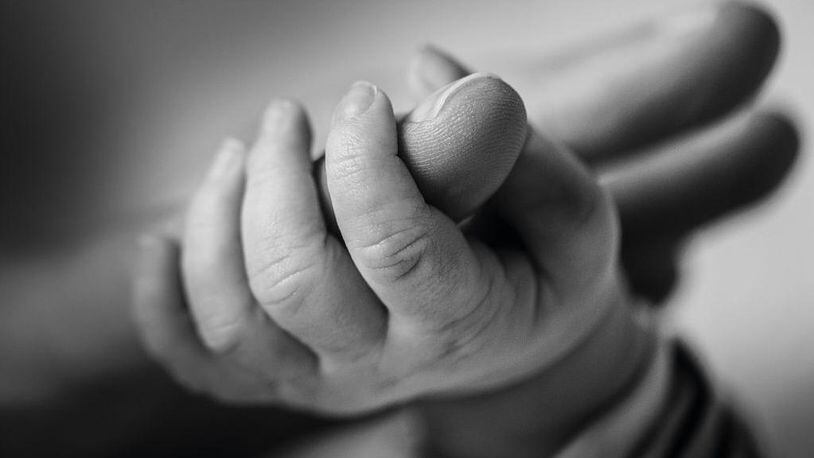You'll likely be begging for a moment of peace and quiet soon enough. Until then, here are some answers to frequently asked questions about when your child should start talking:
When do most kids start to talk?
Those first sounds represent your child's attempts to interact with her environment, and it will soon become her most powerful tool, according to Parents. From pointing out a specific thing, like a dog, to protesting with the all-too-common "No!" your child will probably start forming words at around 12 months (or as early as nine months).
And although you may interpret what sounds like "Mama" or "Dada" earlier - at around four to six months - your child isn't really connecting those words with you until he's about a year old. Feel free to brag about your child's first word referring to you though.
You'll probably hear only four to six words for a little while, but once your child is around 18 months old, his vocabulary will grow to about 50 words.
Why isn't your child talking yet?
As with other milestones - such as walking - some kids just naturally talk later than others, WebMD says. Girls are likely to develop language at a faster rate than boys do.
In most cases, there's nothing to worry about if your child isn't talking as soon as some other kids who are the same age. This is especially true if your child doesn't use a lot of words but seems to understand what you're saying and can follow commands.
More children are now starting to talk later, which is probably linked to the fact that they spend more time in child-care settings than in past generations. Exposure to illnesses that cause problems such as chronic ear infections can also contribute to speech delays.
When should you get help?
You may have cause for concern if your baby doesn't babble consonant sounds in her first year. She should also start to imitate sounds that you make.
If you have concerns, talk to your pediatrician or a speech-language pathologist, whose services may be available free or at a low cost because of the Individuals with Disabilities Education Act (IDEA). If a hearing problem is suspected, an audiologist should be consulted.
How can you help your child's language skills develop?
The following tips can help encourage and develop your child's ability to talk:
- Keep talking: Talk to your child as much as possible, since the more words she hears, the better. Try giving a running commentary on what you're doing and seeing throughout the day. Watch your language, though, because you just might hear that word you use for a driver who cuts you off repeated in a young voice from the back seat!
- Share language-oriented activities: Read to your child, sing a song or have a "conversation" with him. Even if he's not talking yet, allow for a response when you're talking to him, and encourage any effort.
- Praise successes: Making speech fun and rewarding. As your child says new words and phrases, clap and celebrate the accomplishment.
About the Author
